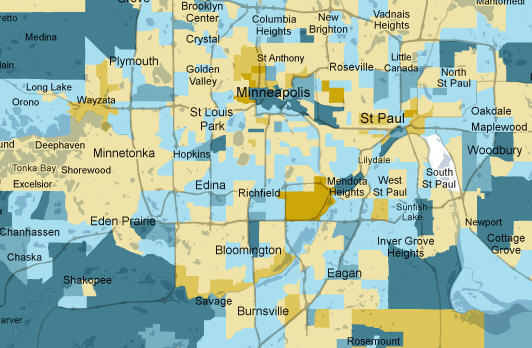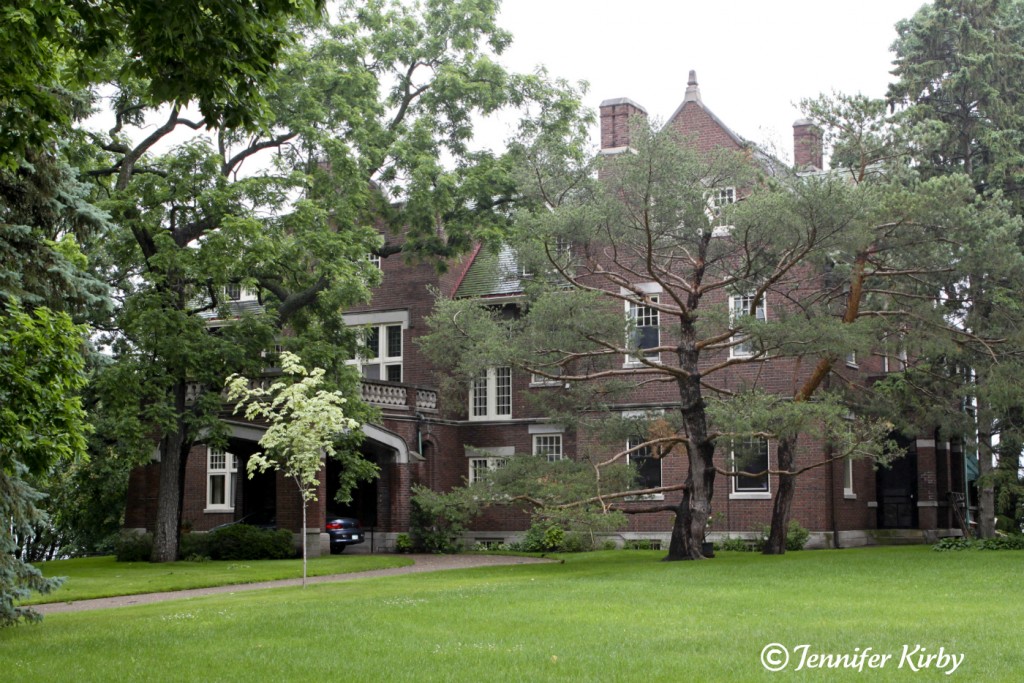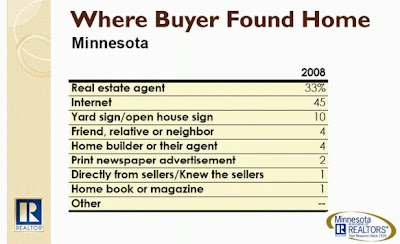 Contrary to what most might think, many real estate agents aren’t desperate for listings. Yes, there are those out there that will take a listing because they really need it, no matter how overpriced the home will be, but I am not one of those agents.
Contrary to what most might think, many real estate agents aren’t desperate for listings. Yes, there are those out there that will take a listing because they really need it, no matter how overpriced the home will be, but I am not one of those agents.
Recently I turned down an expensive home simply because the home owner and I could not agree on a price. He saw it as a million dollar home, but I knew it was not worth anywhere near his dream number. I did my research, showing him what similar homes in the area had sold for. I even went so far as to take him out into the local marketplace and show him active listings, comparing those million dollar homes to his, hoping the information would sink in that his home in no way compared to those high-end homes. But alas, he still felt his unluxurious home was superior to them. We parted ways that day with a handshake, and I wished him all the best in the sale of his home.
He seemed surprised that I was turning down the listing. “Wouldn’t you like this home to be showcased on your website?”, he asked. I would have liked to have plainly said “Yes, but only if it is priced correctly”, but I was nicer than that. Here are some reasons why I don’t take overpriced listings:
- I was asked how much marketing it would take to get his home sold and I flat out told him that no amount of money thrown into marketing the home would make it sell if it was overpriced. See, agents don’t get paid unless a home sells, so we have to put thousands of dollars into photos, brochures, marketing, etc before we see a dime in commission. If the home doesn’t sell, then we are out all those costs. Taking an extremely overpriced listing means that the odds of that home selling are so rare that it is just not worth wasting my hard earned money. Buyers are pretty savvy in today’s tech world and know when a home is overpriced. Looking at it is just a waste of their time.
- Telling a home owner that their home is worth more than it actual is is a Realtor Code of Ethics violation. Standard of Practice 1-3 of the Code states that “Realtors, in attempting to secure a listing, shall not deliberately mislead the owner as to market value”. I don’t know about you, but I really don’t want to ever be accused of an ethical violation.
- I believe in being completely honest with home owners, even if I know they are not going to like what I tell them. They might throw me out of the house (never have had it happen), but at least I walk away knowing I gave them legitimate information and that it is truly their problem if they don’t like the data.
- Beating up a home seller every couple of weeks for a price reduction is not something I like to do. Instead, I choose to educate sellers that pricing their listing correctly from the beginning ensures them that I won’t be calling them and getting on their nerves. While markets do change during a listing period and price reductions do happen, I would rather be able to back my advice up with real market data, then make up some random number just to make a seller happy.
- When selling a home, many times a home owners number one “enemy” is the real estate appraiser. If he can’t find evidence to support a contract purchase price, then you won’t be selling your home anytime soon. And waiting for a cash buyer isn’t the best strategy. While many won’t order an appraisal since no lender is involved, million dollar cash buyers are pretty smart and know when a home is overpriced. Don’t pray for a stupid cash buyer – they don’t exist.
Getting back to my recent experience. Another agent ended up taking the listing, which doesn’t surprise me. What does surprise me is the listing price, which is extremely overpriced. Not only will the home never sell at that price, I can’t imagine how the agent justifies wasting everyone’s time. At least I can sit back knowing that I made the right decision in walking away. Let that listing be someone else’s headache. I won’t take part in overpriced listings.









